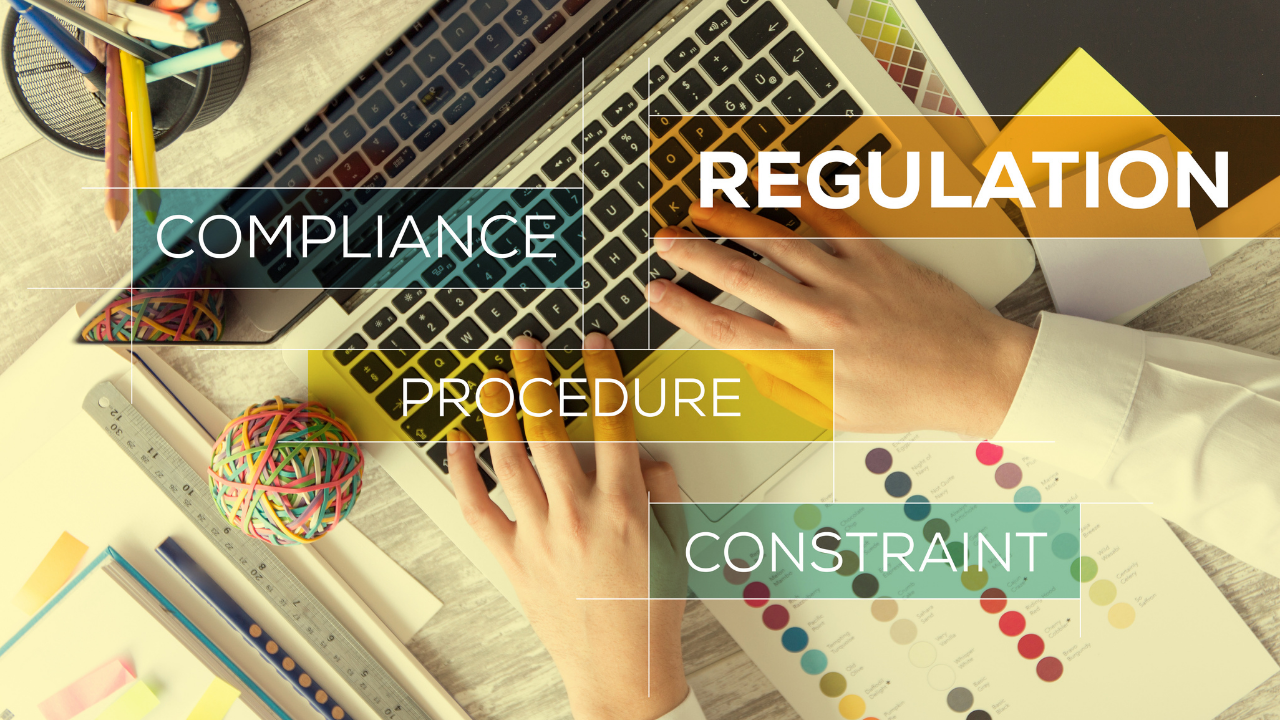Have you ever wondered, can real estate agents work from home? With the advancements in technology and the changing landscape of the workforce, remote work has become a reality for many professionals. In this blog post, we’ll dive into the world of remote real estate work and provide you with a comprehensive guide to help you make the most of this career path.
Key Takeaways
- Remote work is popular among real estate agents, providing them with improved balance and autonomy.
- Technology has enabled remote showings and virtual tours to reach a broader range of potential buyers.
- Successful adaptation requires the use of appropriate tools, strategies, time management techniques & self care for optimal productivity.
The Reality of Remote Work for Real Estate Agents

The notion of a real estate agent working from home may have once seemed far-fetched, but times have changed, and technology has opened up new opportunities. Many real estate agents have embraced remote work, taking advantage of the flexibility and autonomy it provides. Real estate agents work efficiently from the comfort of their home offices, performing various tasks, including:
- Marketing
- Paperwork
- Website management
- Phone calls
- Client follow-ups
All while maintaining a strong work ethic, enjoying all the benefits, and working your own hours.
Not everyone is fit to be a remote real estate agent. Excelling in this job necessitates specific skills including an ability to organize, adapt, and maintain a proactive work approach. Yet, for those who find this environment conducive, the numerous advantages of a remote real estate career include an improved work-life balance, greater flexibility, and working on your own terms.
The Role of Technology in Remote Real Estate Work

Technology has been the driving force behind the feasibility of remote work in the real estate industry, enabling agents to showcase properties and communicate with clients without being physically present. For example, virtual tour software has become an invaluable tool for many agents in the real estate market, allowing them to create 3-D property tours that provide potential buyers with a comprehensive digital experience.
Remote lockbox access, another technological innovation, has made it possible for agents to facilitate remote showings and manage their listings with ease. By offering remote lockbox showings, agents can save time and resources while providing clients with the opportunity to view properties at their convenience.
Adapting to a Remote Real Estate Career
Transitioning to a remote real estate career requires a willingness to adopt new tools, strategies, and a flexible mindset. Some essential tools for remote agents include:
- Virtual tour software
- Remote showing platforms
- Communication tools (e.g., video conferencing, messaging apps)
- Collaboration tools (e.g., project management software, shared document platforms)
By utilizing these tools, remote agents and managing brokers can stay connected with clients and colleagues and effectively carry out their real estate responsibilities.
Time management and prioritization play a critical role in the success of remote real estate agents. By setting deadlines, breaking tasks into manageable components, and creating a daily schedule, agents can ensure they stay on top of their workload and remain productive.
Essential Tools for Real Estate Agents Working from Home

Having the right tools at your disposal is a prerequisite for success as a remote real estate agent. From virtual tour software to communication platforms, these essential tools will help you stay organized, connected, and efficient while working from home.
Customer Relationship Management (CRM) software is one such tool, allowing agents to manage their contacts, track leads, and maintain organization. This software also helps agents stay connected with clients and nurture relationships, ensuring that their real estate business continues to thrive in a remote setting.
Virtual Tour Software and Remote Showings
Virtual tour software and remote showings have revolutionized the way real estate agents showcase properties. With the ability to create interactive virtual tours, agents can provide prospective buyers with a convenient viewing experience, allowing them to explore properties remotely.
Not only do these tools save time and resources for agents, but they also enable them to:
- Reach a broader range of potential buyers
- Offer remote showings to cater to clients who may not be able to attend in-person showings
- Expand their market reach
- Enhance their overall effectiveness
Communication and Collaboration Tools
For remote real estate agents, maintaining connections with clients and colleagues is paramount. Communication and collaboration tools, such as video conferencing and document management software, help agents stay organized and maintain smooth communication channels.
For instance, video conferencing tools like Zoom allow agents to hold virtual meetings and catch up with colleagues over virtual coffee breaks. Likewise, document management software ensures that all critical documents are securely stored and easily accessible for remote workers. These tools not only keep agents connected but also enable them to provide top-notch service to their clients.
Tips for Staying Productive as a Remote Real Estate Agent

Developing effective time management and prioritization skills, as well as maintaining focus throughout the workday are vital to stay productive as a remote real estate agent. By setting goals, breaking tasks into smaller chunks, and scheduling time for each task, agents can ensure they stay on top of their workload and remain productive.
Alongside time management and prioritization, focus and motivation are vital for remote agents. Establishing boundaries, constructing a daily routine, and taking breaks are effective strategies for maintaining focus while working remotely. By limiting distractions and setting achievable goals, agents can maximize their productivity and continue to thrive in their remote careers.
Time Management and Prioritization
For remote real estate agents, time management and prioritization are critical to keep on top of tasks and deadlines. Organizing and planning one’s day to maximize productivity and efficiency is essential, and this can be achieved by setting goals, breaking tasks into smaller components, and scheduling time for each task.
One useful technique for managing time effectively is the Pomodoro Technique, which involves breaking work into short, focused intervals followed by a brief break. By employing time management strategies like this, agents can ensure they stay productive and maintain a healthy work-life balance.
Maintaining Focus and Motivation
Maintaining focus and motivation when working from home demands discipline and a dedicated workspace. Establishing a comfortable, distraction-free workspace can make a significant difference in an agent’s ability to concentrate on their work and stay productive.
In addition to creating a conducive work environment, agents should also practice self-care and stress management. This includes setting aside time for relaxation, exercise, and maintaining a healthy diet. By taking care of their physical and mental well-being, agents can ensure they maintain the focus and motivation necessary for success in their remote careers.
Balancing Work and Personal Life as a Remote Real Estate Agent

For remote real estate agents, balancing work and personal life is crucial to avoid burnout and uphold productivity. One of the challenges associated with working remotely is maintaining a clear distinction between one’s personal life and professional life.
To achieve a healthy work-life balance, remote agents should implement strategies such as:
- Time management and prioritization
- Sustaining focus and motivation
- Establishing boundaries and a routine
- Practicing self-care and stress management
Setting Boundaries and Creating a Routine
Setting boundaries and creating a routine can help remote real estate agents separate work and personal life. Investing in quality noise-canceling headphones and scheduling dedicated time to complete necessary tasks can assist agents in maintaining their boundaries and routine.
Reminders and regular breaks can be beneficial in maintaining a balance between work and personal life. Taking breaks away from the workspace allows agents to recharge and return to work with renewed focus and energy.
Self-Care and Stress Management
Self-care and stress management are vital for remote real estate agents to maintain mental and emotional well-being. Taking time for relaxation, exercise, and maintaining a healthy diet can help agents stay focused and motivated in their work.
In addition to physical self-care, agents should also practice mental self-care, such as engaging in hobbies, practicing mindfulness, and seeking support from friends and family. By taking care of their mental and emotional well-being, agents can ensure they maintain the focus and motivation necessary for success in their remote careers.
Networking and Building Relationships Remotely

For real estate agents, networking and building relationships remotely is vital to business growth and maintaining client connections. Remote work allows agents to dedicate more time to networking, ultimately leading to new opportunities and expanded professional networks.
By attending virtual events, participating in online networking groups, and fostering client relationships remotely, agents can stay connected with clients and colleagues, even when working from home. These connections can lead to new business opportunities and long-term partnerships, further solidifying the benefits of remote work for real estate agents.
Virtual Events and Online Networking
Virtual events and online networking platforms provide remote real estate agents with the opportunity to expand their professional network from the comfort of their own homes. Virtual events, such as webinars and conferences, allow agents to learn about industry trends, share ideas, and connect with other professionals.
Online networking platforms, such as LinkedIn, offer additional avenues for agents to connect with like-minded professionals and potential clients. By leveraging these virtual events and platforms, agents can continue to grow their business and maintain valuable connections while working remotely.
Nurturing Client Relationships Remotely
Nurturing client relationships remotely requires consistent communication, empathy, and a personal touch. Maintaining regular contact with clients, whether through email, phone calls, or video meetings, is crucial in building trust and loyalty.
A personal touch can go a long way in cultivating strong client relationships. By showing genuine interest in clients’ needs and preferences, and offering thoughtful advice and solutions, agents can create lasting connections with clients that lead to successful transactions and long-term partnerships.
Legal and Regulatory Considerations for Remote Real Estate Agents

Keeping informed about legal and regulatory considerations and ensuring client privacy and security is a must for remote real estate agents. Adhering to proper protocols is essential as clients rely on their agents to handle confidential personal and financial data securely.
Staying up-to-date on rules and regulations, implementing remote work policies, securely storing and managing documents, considering tax implications, and complying with employment laws are all crucial aspects of ensuring a successful remote real estate career, especially when pursuing a remote job.
Staying Informed on Rules and Regulations
For remote real estate agents, staying current on rules and regulations is critical to ensuring compliance and avoiding legal issues. Agents should participate in seminars and workshops, become members of professional organizations, and seek counsel from legal professionals when necessary.
Real estate agents, who have obtained their real estate license, should be knowledgeable of local, state, and federal laws, as well as any industry-specific regulations, and should remain apprised of any modifications to these laws and regulations. This helps ensure the agent is operating within the confines of the law and maintaining a reputable professional standing. As real estate professionals, they must stay informed and compliant with all relevant regulations.
Ensuring Client Privacy and Security
For remote real estate agents, ensuring client privacy and security is key to building trust and safeguarding sensitive information. Implementing secure communication tools, encrypting data, and utilizing two-factor authentication are all measures that can help agents safeguard their clients’ confidential information.
Real estate agents should also be cognizant of the legislation and regulations pertaining to data privacy and security, such as the GDPR and CCPA. By adhering to these guidelines and taking the necessary precautions, remote agents can ensure the protection of their clients’ data and maintain a trustworthy professional reputation.
Summary
In conclusion, remote work has become a viable option for many real estate agents, thanks to advancements in technology and the increasing demand for flexibility in the workforce. By adapting to new tools and strategies, maintaining productivity, and nurturing client relationships, remote real estate agents can enjoy a successful and fulfilling career. Embrace the possibilities of remote work and discover the benefits it can bring to your real estate career.
Frequently Asked Questions
Can a Florida real estate broker work from home?
Yes, a Florida real estate broker can work from home, provided they have a business license or insurance and comply with the laws governing Florida real estate sales associates.
Can you go around a real estate agent?
It's not possible to bypass a real estate agent as they must pass on any offers in writing and are also legally obligated to the seller's commission. Therefore, you cannot “bypass the Realtor” if the house is listed with a Brokerage for sale.
What is the pass rate for the Texas real estate exam?
On average, 58% (24,881 passed / 42,857 taken) of test takers pass the Texas real estate exam on their first try, making it a challenging test.
Can real estate agents really work from home?
Yes, real estate agents can certainly work from home, as many have successfully leveraged technology to perform essential tasks.
What essential tools do remote real estate agents need?
Remote real estate agents need virtual tour software, communication and collaboration platforms, and CRM software to successfully run their business.
